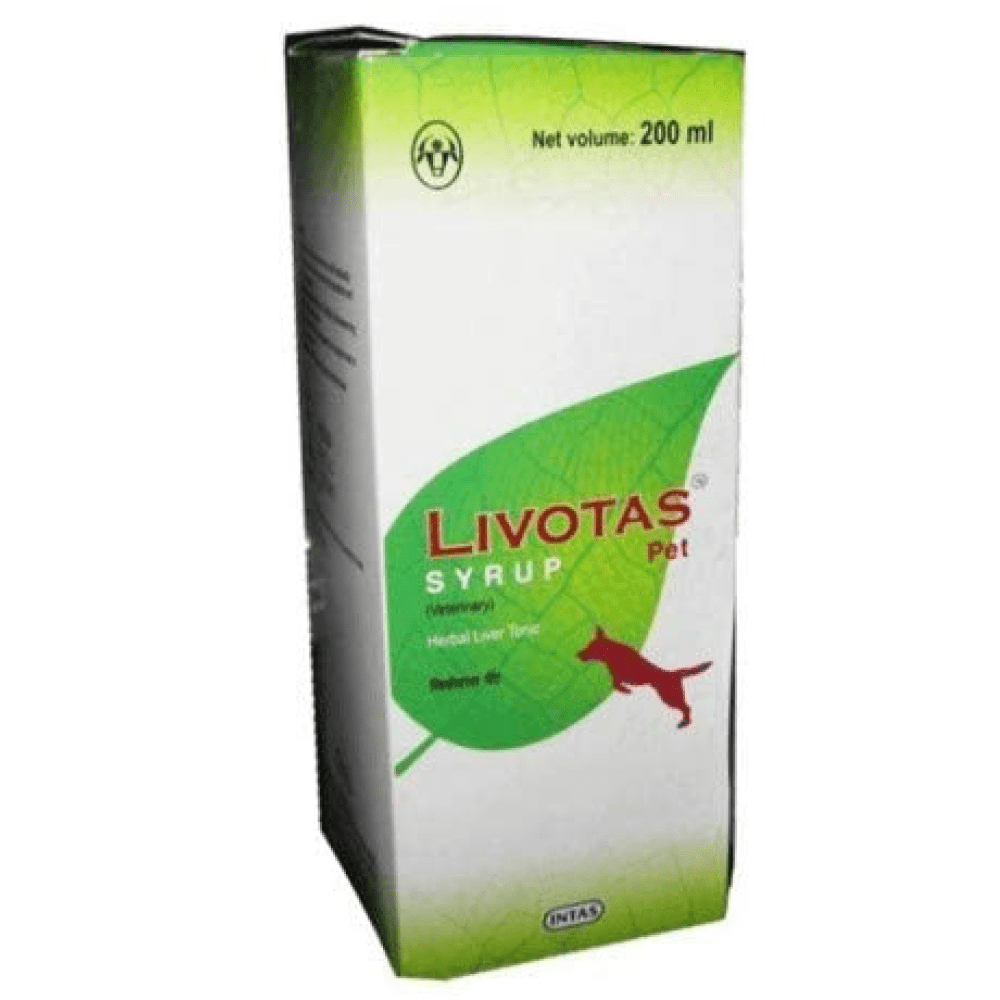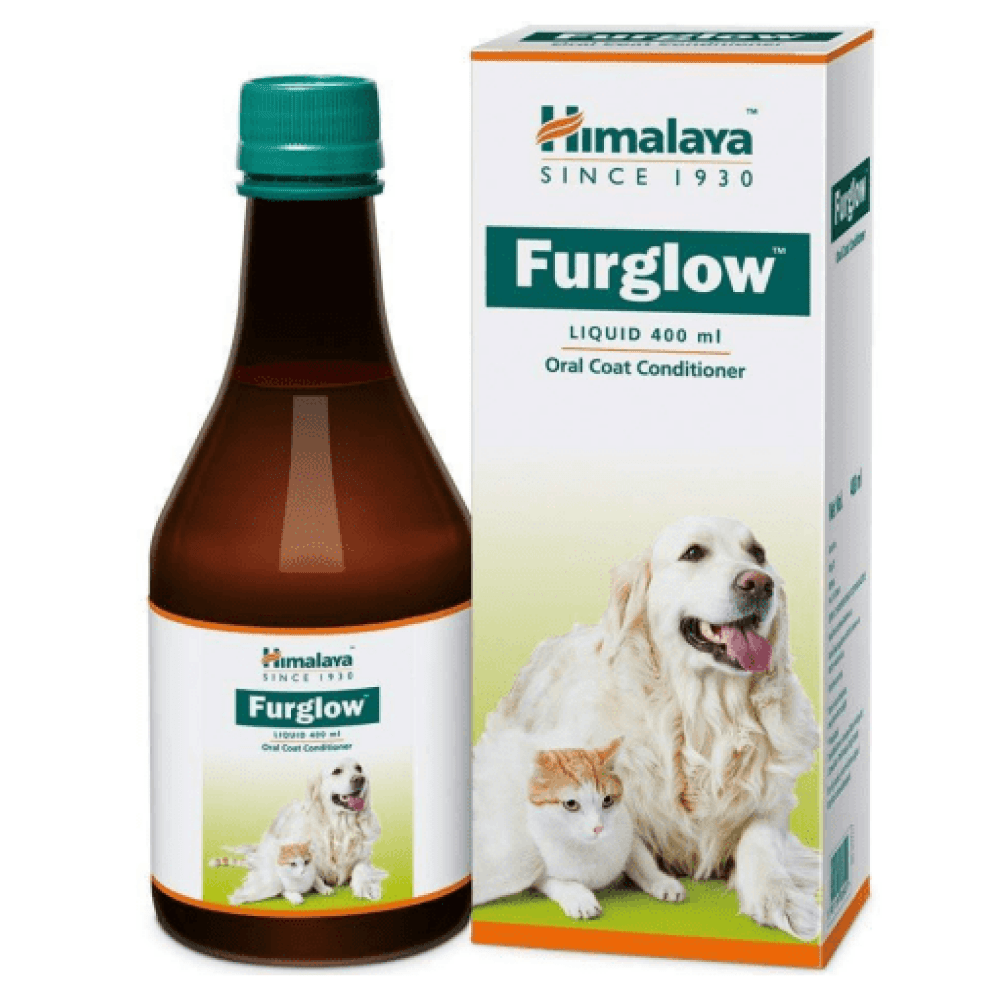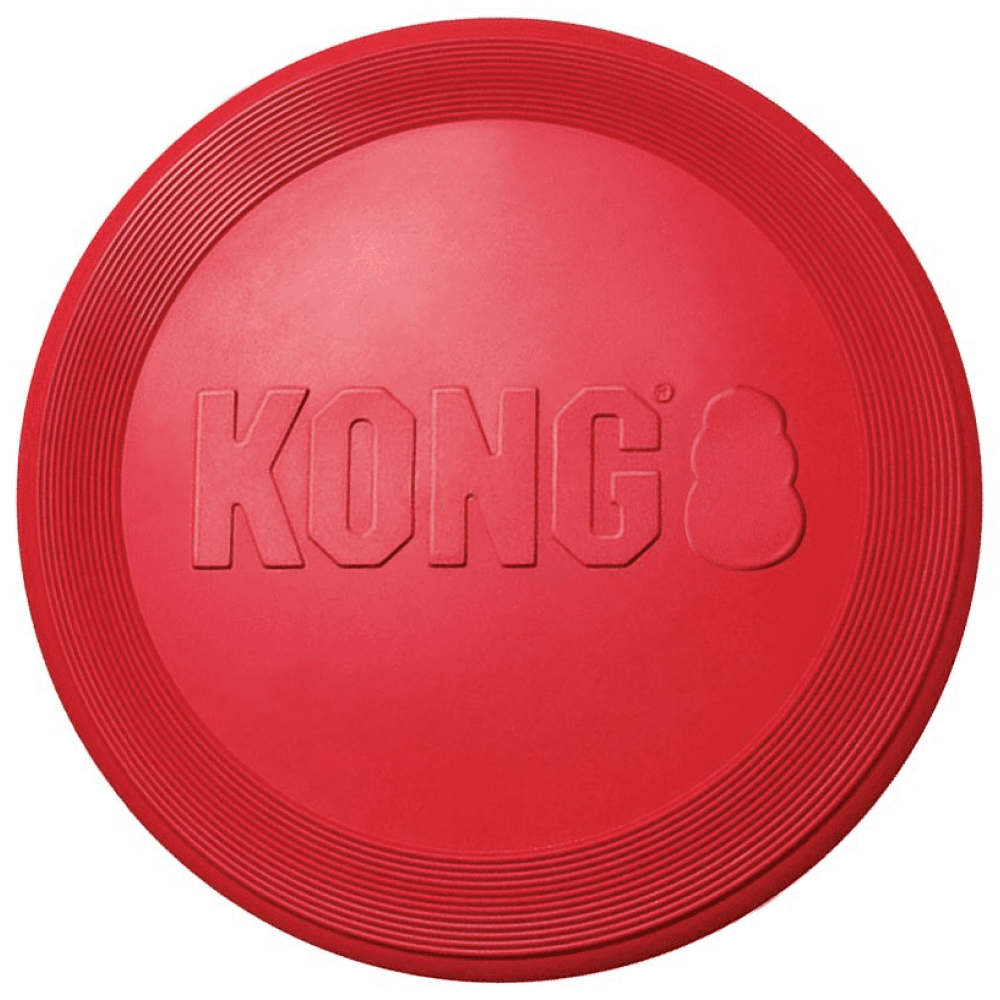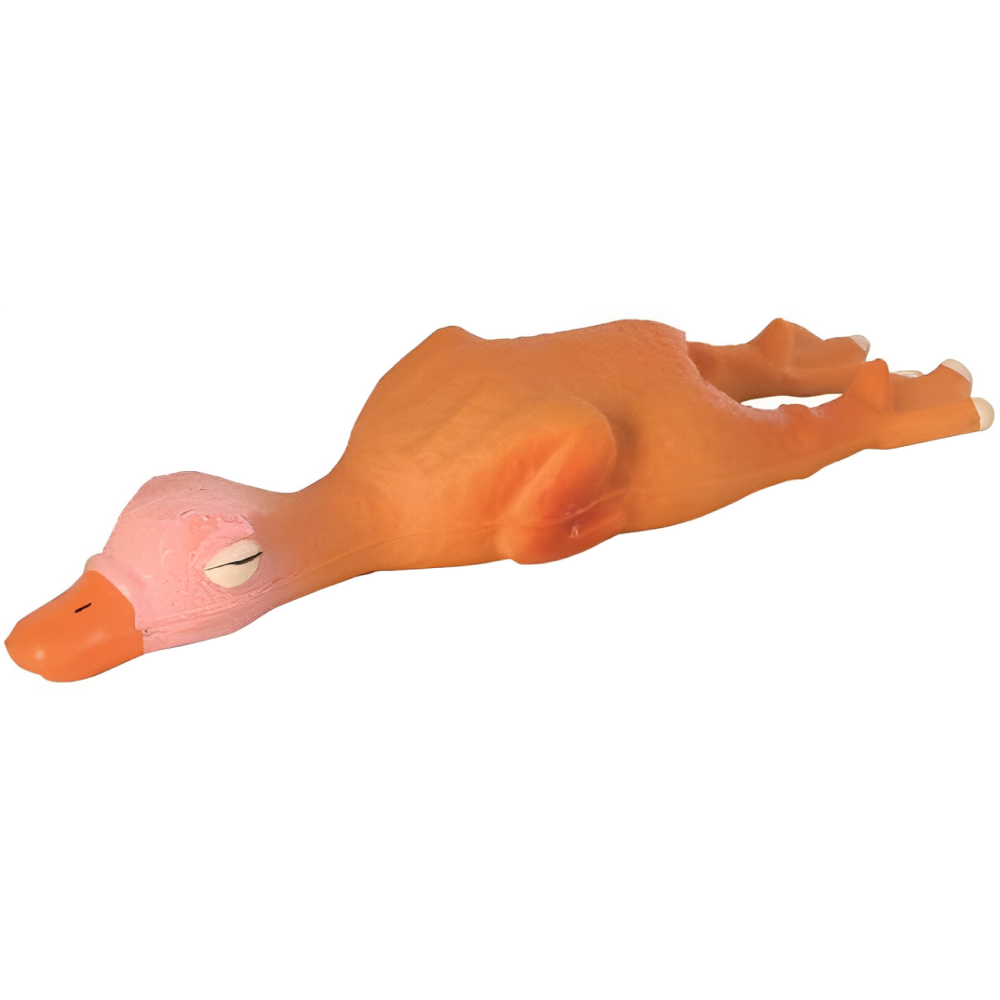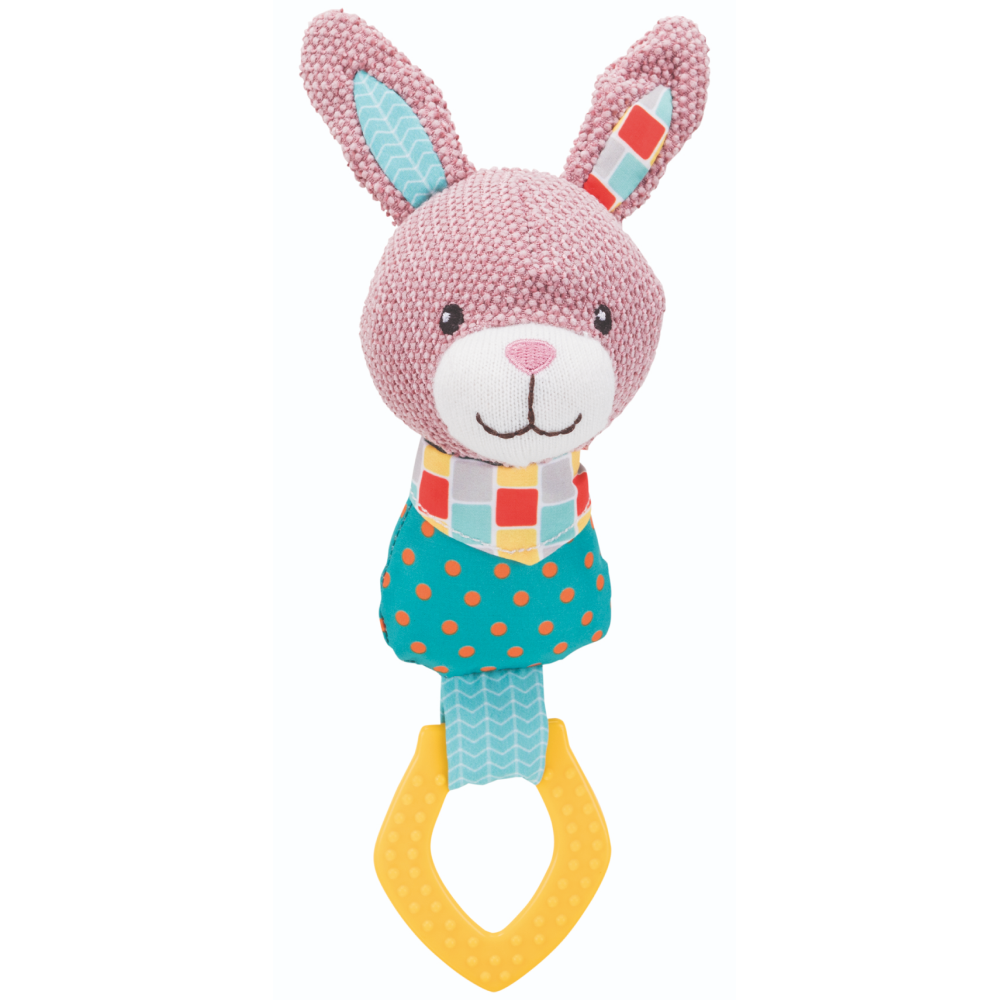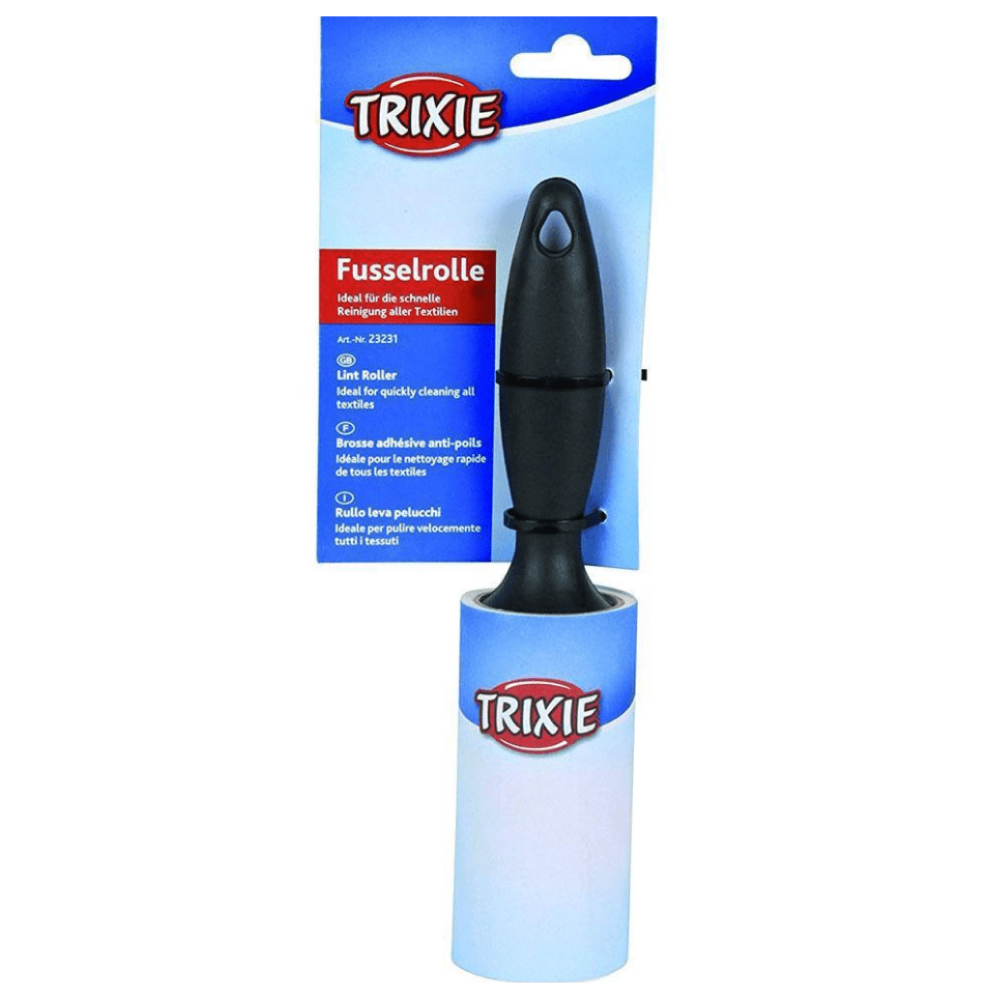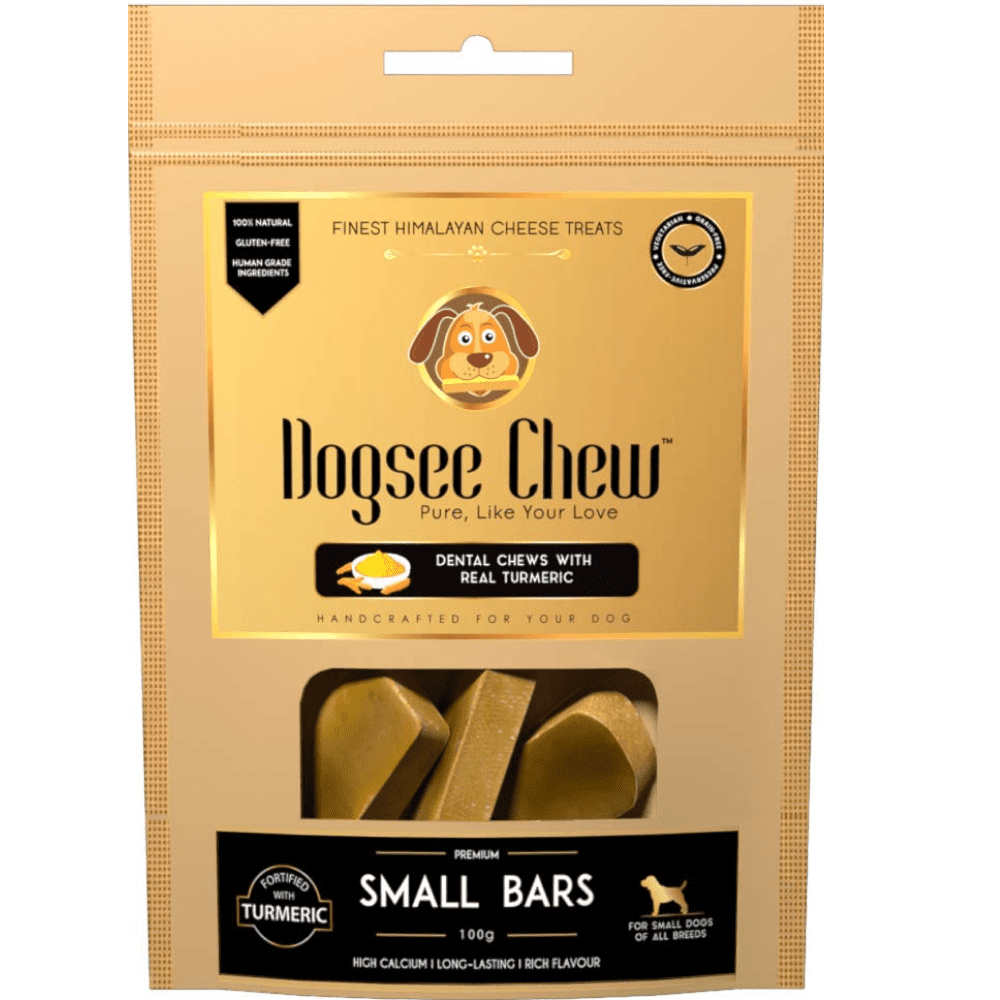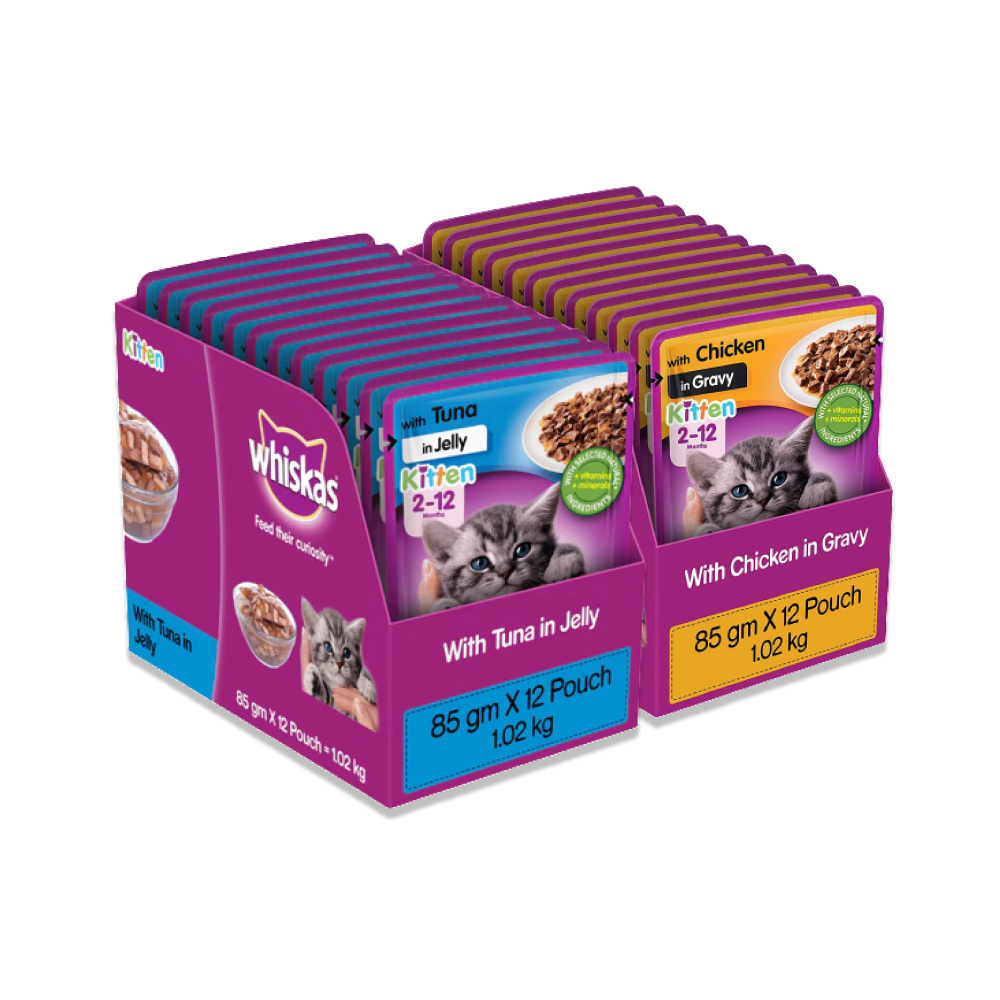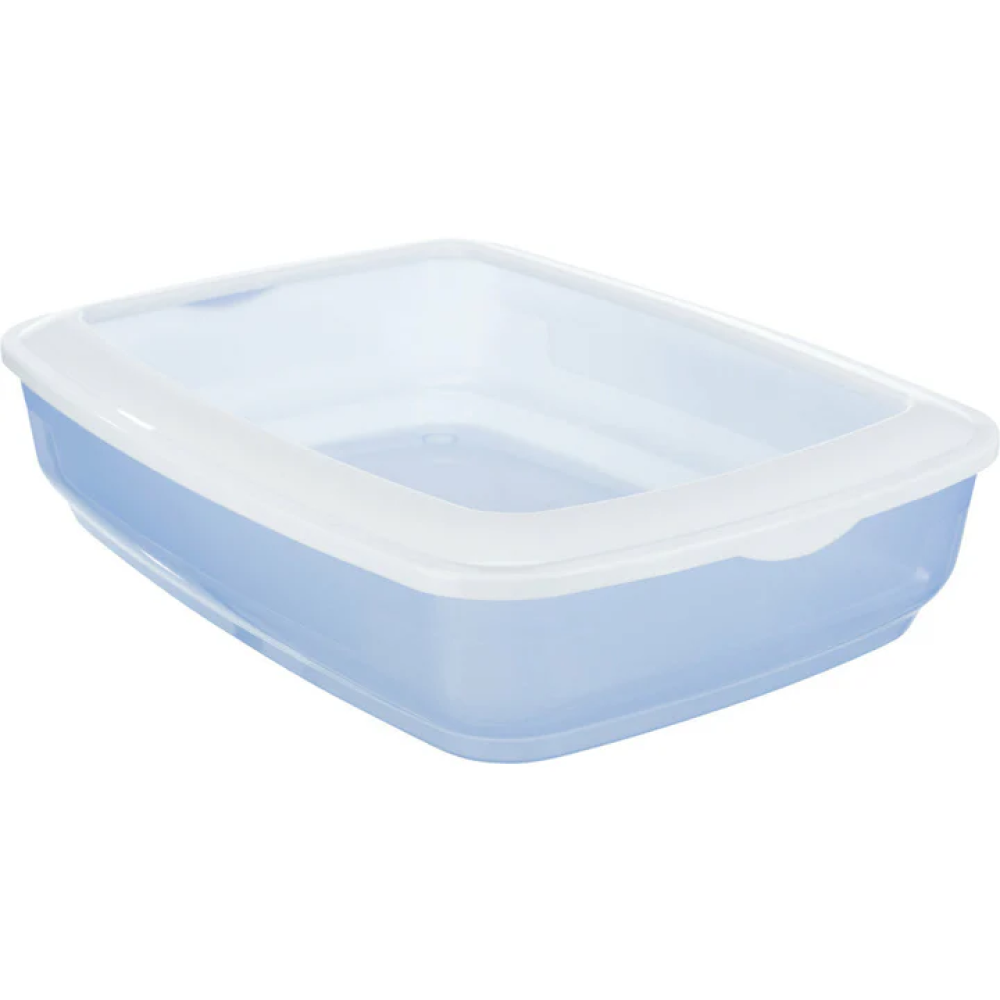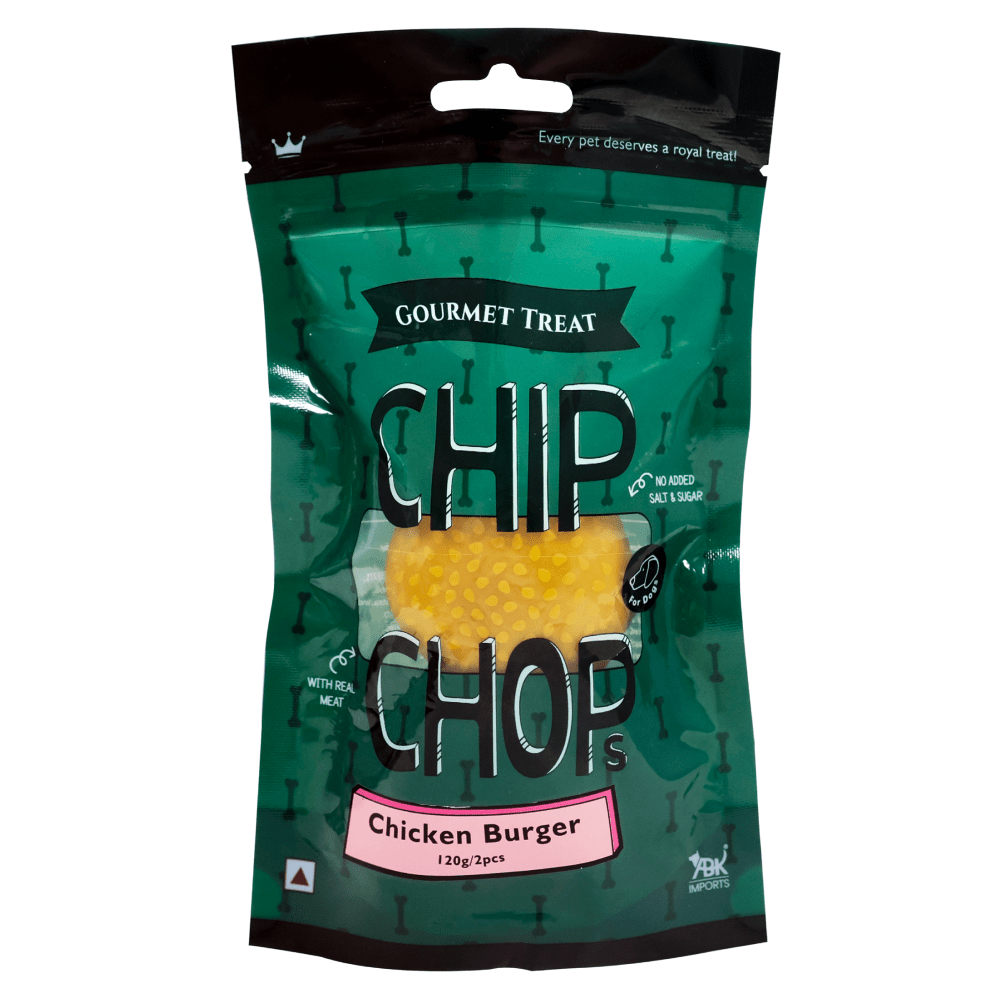
Welcoming a cute little puppy to our family is undoubtedly an incredibly exciting experience. However, what many of us do not realise is taking care of a puppy comes with huge responsibilities. Learning about the nitty-gritty of how to take care of a puppy might overwhelm you but do not worry as we’re there to help. Whether you’re getting your first puppy home or looking for a refresher course, our blog will help you become the best dog parent ever.
Here are a few tips to look after your puppy.
-
Purchase essential puppy supplies
Before you welcome your pup home, it is important to stock up on important puppy care supplies. Some of the essential things that you will need to purchase include a crate, kennel or playpen, dog bed, food and water bowl, chew toy, collar and poop bags.
-
Getting your home ready for the puppy
As puppies are curious little creatures, they will be eager to explore their new home and its belongings, which can be hazardous for them if they’re engaged with something they should not. Puppy-proofing your home and protecting your pal from unsafe objects should be at the top of your priority list. The household items that can be risky for pups include chemicals and toxins, electrical cables, rugs, certain plants, breakable objects, trash and valuables.
You should also vacuum or sweep your floors regularly to eliminate tiny harmful objects that your little pup might swallow and choke on.
-
Bond with your puppy
Your relationship with your pup begins from the time it steps into your home. You can strengthen your bond with your new pal through affection, grooming, playtime, training and participation in different activities like dog shows and dog sports.
-
Offer your puppy a safe space
Puppies need a haven like a kennel, crate or bed for them to go to when they want to rest or want to be alone. It helps them get away from ongoing chaos at home like people going and coming, children playing, music, etc.
-
Schedule vet visit
Puppies should be taken to the veterinarian for regular checkups where the medical professional will perform a complete body checkup and diagnose if any abnormalities need to be addressed.
The veterinarian will also advise regarding the vaccination schedule, deworming schedule, optimum diet and other essential tips to take good care of your little pooch.
-
Microchip and spay or neuter
According to experts, puppies should be spayed or neutered when they are around six months of age. Delaying the procedure can increase the chances of testicular cancer in male dogs and mammary tumours in female dogs. Leaving them not spayed and neutered can also increase the risk of unintended pregnancy or their escaping to find a mate that may lead to them getting physically harmed.
Also, getting them microchipped with your name and contact details will help them reunite with you if they happen to get lost.
-
Offer a healthy diet
Offering a healthy and well-balanced diet to your puppy is one of your most important responsibilities as a dog parent. You must provide nutrient-rich dog food that is formulated specifically for growing puppies. It is best to contact your veterinarian to get expert advice on the best diet that will cater to your pup’s nutritional needs. Avoid serving your pooch unsafe human food as they can have adverse effects.
-
Provide required exercise
Your puppy will need exercise which will help them release their unused energy. Make sure you take them on regular walks and make yourself available for extended playtime and playdates.
-
Help your pup socialise
Introducing your puppy to a variety of experiences, sounds and people during the early months can help it to grow up into a well-mannered dog that can deal with tricky situations. According to experts, the first three months are the most important for puppies to learn about the environment that they are living in.
-
Implement obedience, leash and potty training
Working on your pet’s obedience when they are young will help them learn to live among humans. They can be taught obedience and impulse control with commands such as ‘wait’, ‘sit’ and ‘leave it’.
Leash training also is immensely important for the safety of your pooch. It also teaches the pup to respond to basic commands such as ‘come’, ‘sit’ and ‘stay’.
Potty training, on the other hand, is the most effective way to control inappropriate pet behaviour. Pups have the urge to urinate frequently so they should be given a designated area to relieve themselves. However, accidents may happen while they’re young so you will have to be patient and consistent.
-
Keep a close eye on your puppy
During their first few months, puppies tend to fall prey to illnesses that can be serious if not treated on time. If you notice symptoms like vomiting, weight gain, constipation, difficulty in breathing or coughing, make sure to schedule a vet appointment without delay.
Wrapping Up
Sadly, puppies don’t stay little for very long. It is indeed a special time that you will treasure once your pup grows up into an adult. So, make every day special for your little baby with an abundance of love, play and appropriate discipline.
Cat Vaccinations Explained: The Purr-fect Guide to Keeping Your Feline Healthy
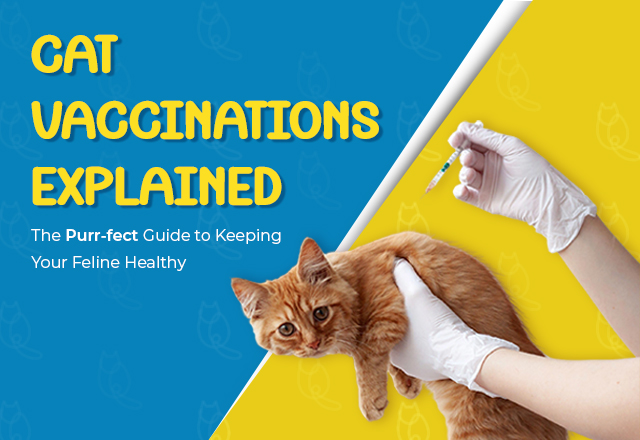
If you have just added a cute kitten to your family or adopted a rescued cat and need guidance for their vaccination, this article is for y...
Pawsandpaws | Apr 16, 2025How to Train Your Dog to 'Speak' on Command

Dog parents tend to speak to their dogs to communicate with them. But do you know that you can teach them to answer back? Training your dog...
Pawsandpaws | Apr 02, 2025
